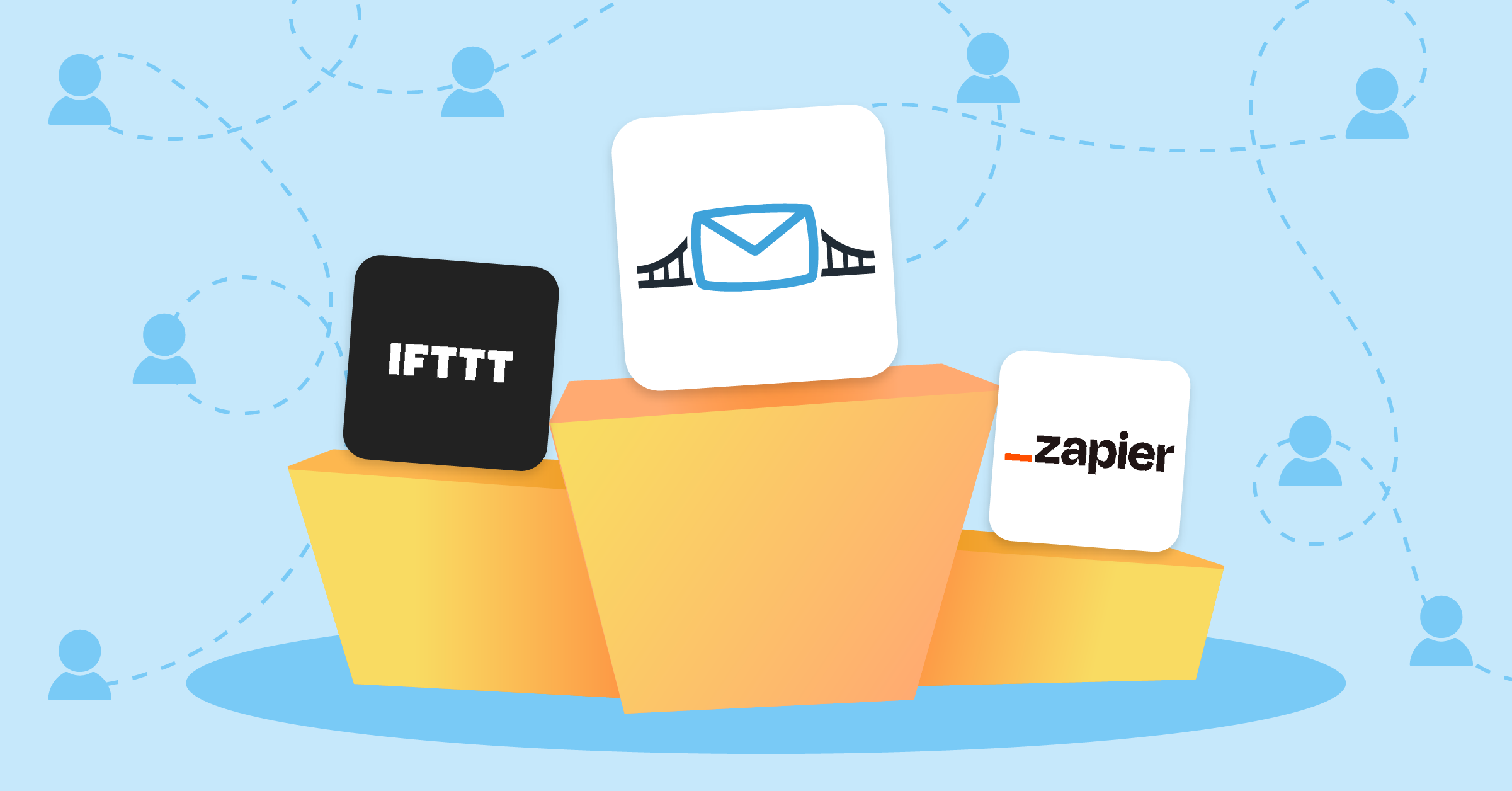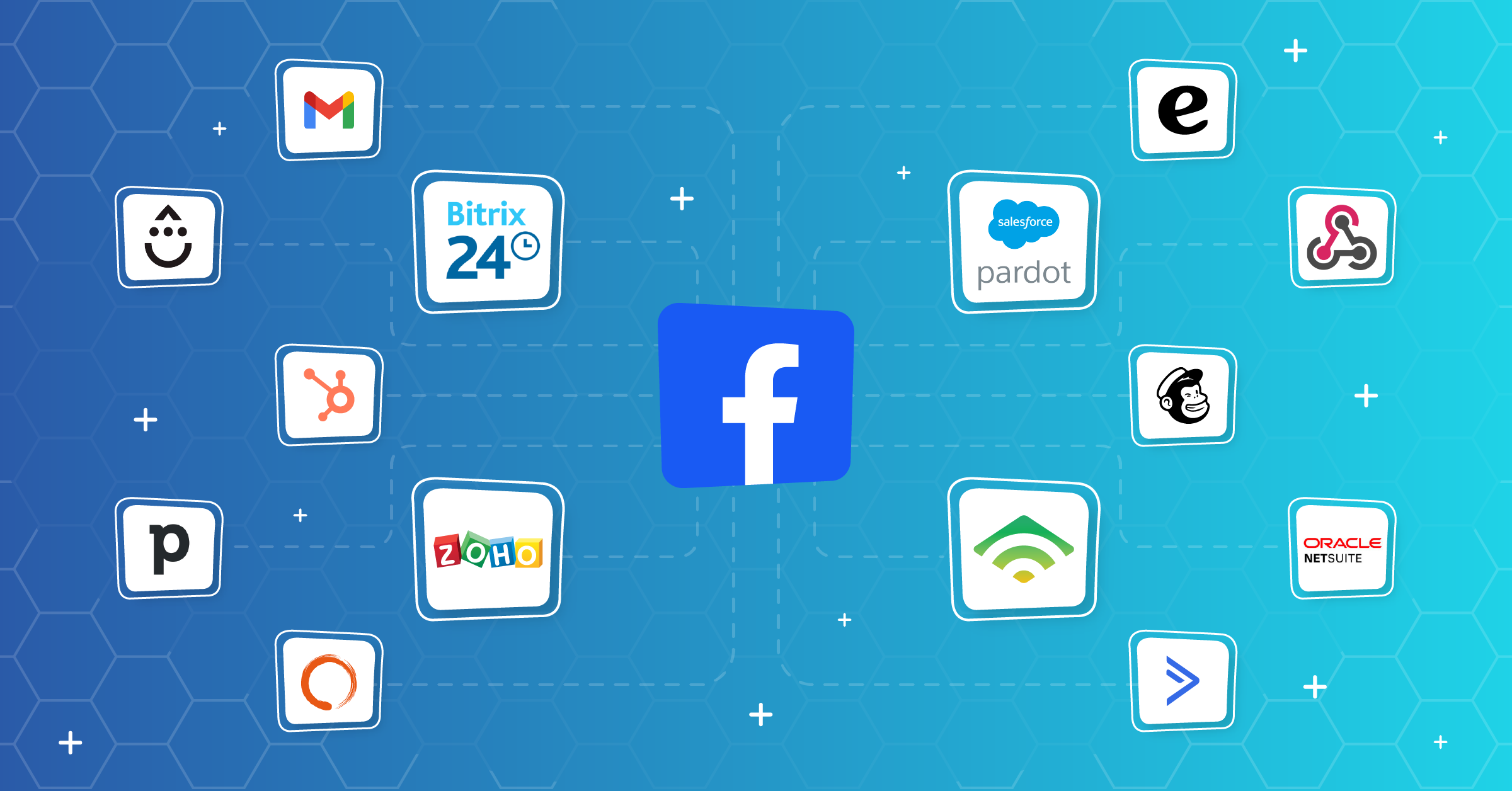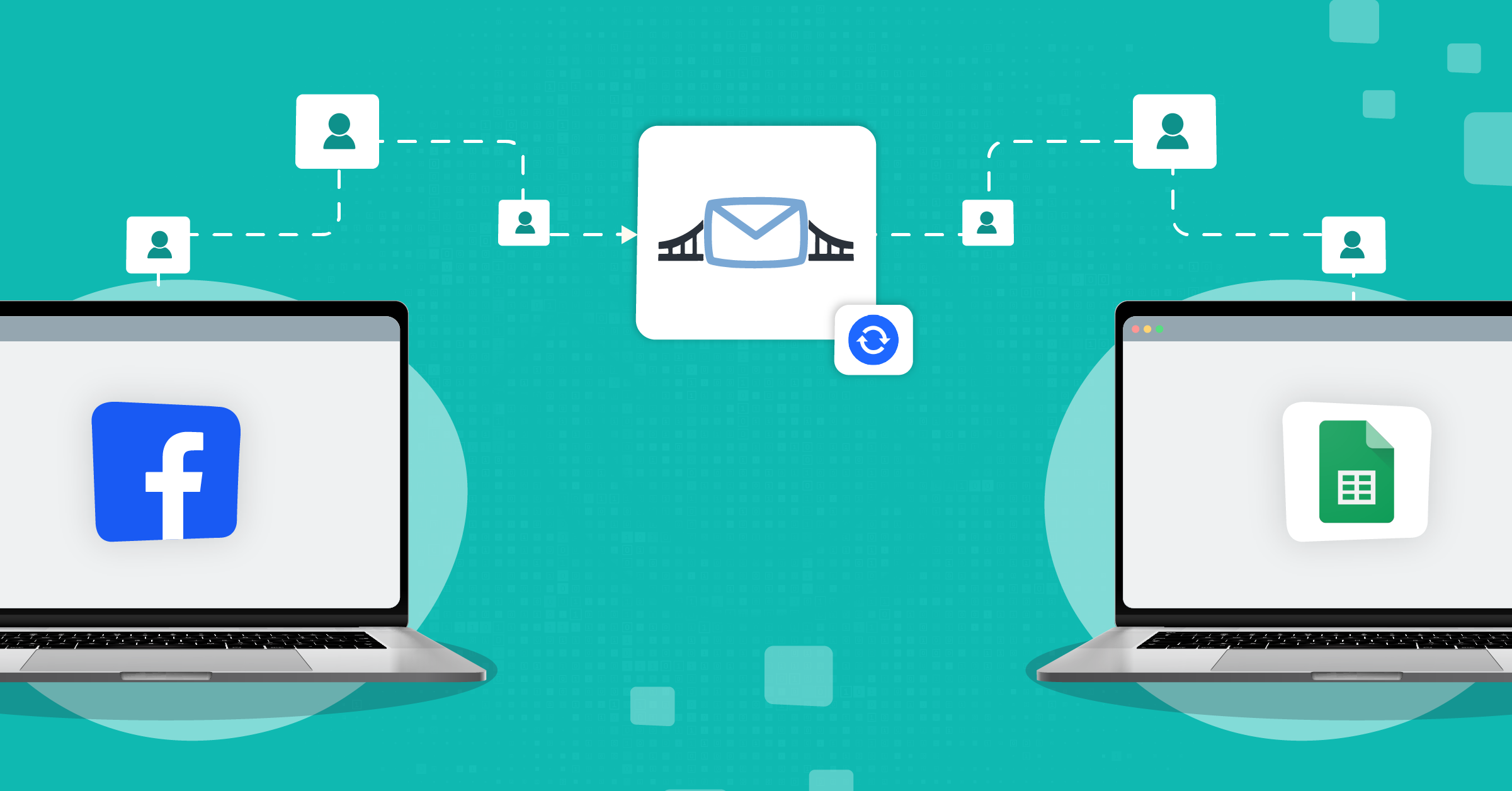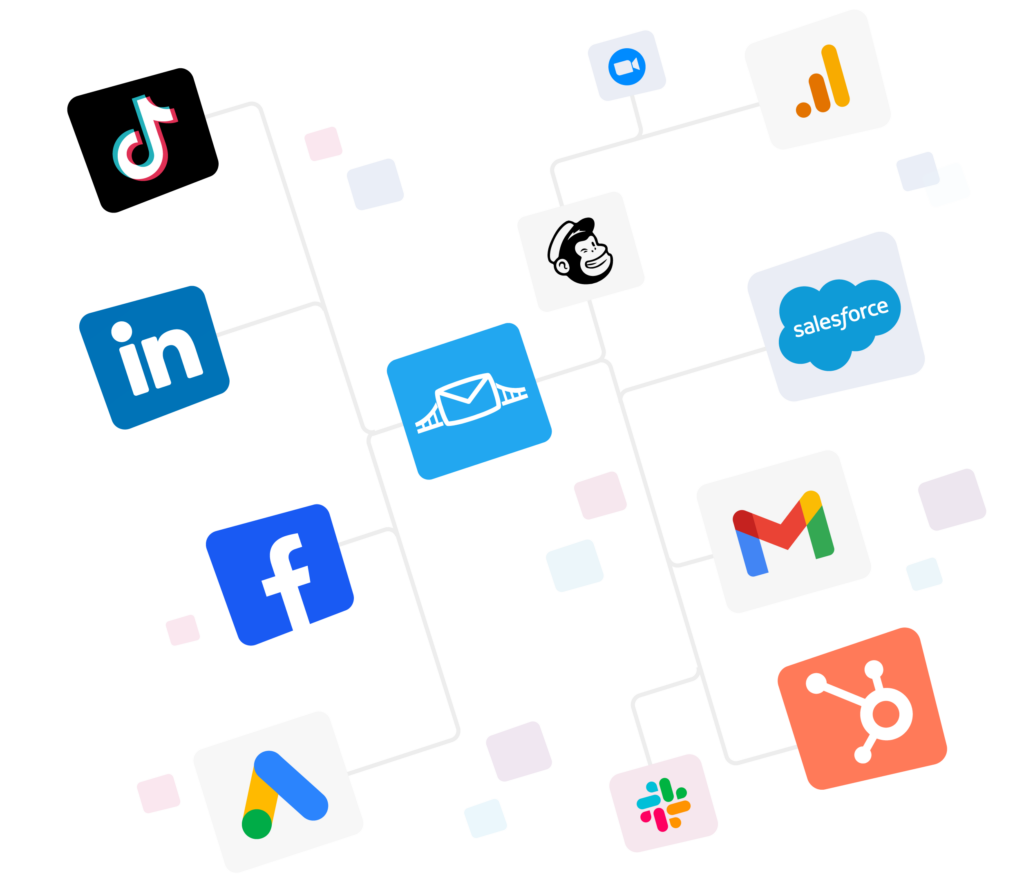
Businesses today are under constant pressure to streamline operations and improve marketing efficiency through automation. That’s where integration platforms come in. Two of the most talked-about tools in this space are IFTTT and Zapier. But which one is better? And is there a more marketing-focused alternative that fits your needs even better?
In this comparison, we’ll break down IFTTT vs Zapier, highlight the difference between Zapier and IFTTT, and show you why LeadsBridge might be a smarter choice, especially for marketing and advertising teams.
Zapier overview: Versatile automation for business users
Zapier is a well-known automation platform that connects over 6,000 apps, allowing users to create automated workflows called “Zaps.” These workflows help transfer data between tools like CRMs, email platforms, project management software, and more, without writing any code.
Key features:
- Multi-step workflows
- Conditional logic (with Filters and Paths)
- Schedule and delay actions
- Webhooks and code steps
- Integration with enterprise tools like Salesforce, HubSpot, Google Sheets, Slack, and thousands more
Pricing:
- Free plan available (100 tasks/month, single-step Zaps)
- Paid plans start at $19.99/month (750 tasks/month)
- Higher tiers offer more tasks and advanced features like custom logic and premium integrations
Zapier is ideal for businesses looking to automate broad operational processes, but it can become costly and complex for marketing-specific tasks.
IFTTT overview: Simpler automation for consumers
IFTTT (If This Then That) is another automation tool designed primarily for individual users and smart home integrations. It connects apps and devices using simple applets to trigger actions based on conditions—think Alexa turning on your lights or Twitter auto-posting to Facebook.
Key features:
- Single-step applets (one trigger, one action)
- Focused on consumer and IoT devices
- App and device compatibility (e.g., Alexa, Google Assistant, smart thermostats)
Pricing:
- Free plan with limited apps
- Pro plans start at $2.50/month for more applets and faster execution
- Designed more for personal use than business workflows
While IFTTT is easy to use and great for small-scale automation, it lacks the flexibility and power businesses need for managing complex data-driven tasks.
IFTTT vs Zapier: What’s the difference?
When comparing Zapier vs IFTTT, the key differences come down to audience, capability, and use cases.
| Feature/Criteria | Zapier | IFTTT |
| Target User | Businesses, power users | Consumers, casual users |
| Workflow Complexity | Multi-step, conditional logic | Single-step, simple triggers |
| App Integrations | 6,000+ (business-focused) | 800+ (IoT and consumer apps) |
| Use Cases | CRM, marketing, operations | Smart homes, basic social posts |
| Pricing Flexibility | Higher, scalable by usage | Low-cost, personal use |
In short, the IFTT vs. Zapier decision depends on your needs. Zapier is more powerful and versatile, while IFTTT is more limited and consumer-oriented. But what if you need business-grade automation built specifically for marketers? That’s where LeadsBridge comes in.
Why LeadsBridge is a better alternative
LeadsBridge is an integration platform built specifically for marketers and advertisers, with a strong focus on lead data sync, CRM integrations, and ad platform connections. Unlike Zapier or IFTTT, it’s designed from the ground up to connect marketing tools, ad platforms, and sales systems without manual data handling.
Key advantages of LeadsBridge:
1. Purpose-built for marketing and advertising
LeadsBridge supports native integrations with ad platforms like Facebook Lead Ads, Google Ads, TikTok, Snapchat, and LinkedIn—automatically syncing lead data to your CRM, email platform, or autoresponder in real time.
2. Privacy and compliance first
With rising concerns around CCPA and TCPA compliance, LeadsBridge offers enterprise-grade data privacy and consent-handling features—something Zapier and IFTTT don’t prioritize.
3. Reliable CRM integrations
Unlike general-purpose tools, LeadsBridge specializes in deep CRM integrations with platforms like Salesforce, HubSpot, Zoho, and many more. Your leads never fall through the cracks.
4. Lead sync in real time
Every second counts in lead generation. LeadsBridge ensures real-time data flow, helping you engage new leads instantly—no delays, no missed opportunities.
5. Built for scale
Whether you’re running one campaign or hundreds, LeadsBridge can handle large volumes of lead data without sacrificing speed or reliability. This is crucial for agencies and enterprise-level marketers.
When to choose LeadsBridge over Zapier or IFTTT
If you’re comparing IFTTT and Zapier strictly for general automation, either tool may work depending on your needs. But if you’re a business that:
- Runs performance marketing campaigns
- Requires privacy-compliant data handling
- Uses CRMs or email marketing platforms to manage customers
- Wants to eliminate manual lead uploads or API work
…then LeadsBridge is the better alternative, by far.
Final thoughts
The IFTTT vs. Zapier debate ultimately depends on your level of complexity and automation goals. For basic app connections, IFTTT may suffice. For more powerful business workflows, Zapier is a better fit. But for marketing-focused automation, neither is as effective as LeadsBridge.
If you’re serious about driving performance while maintaining full control over your lead data, LeadsBridge is the integration platform built to do just that.
Discover how LeadsBridge can transform your marketing workflows today!





















